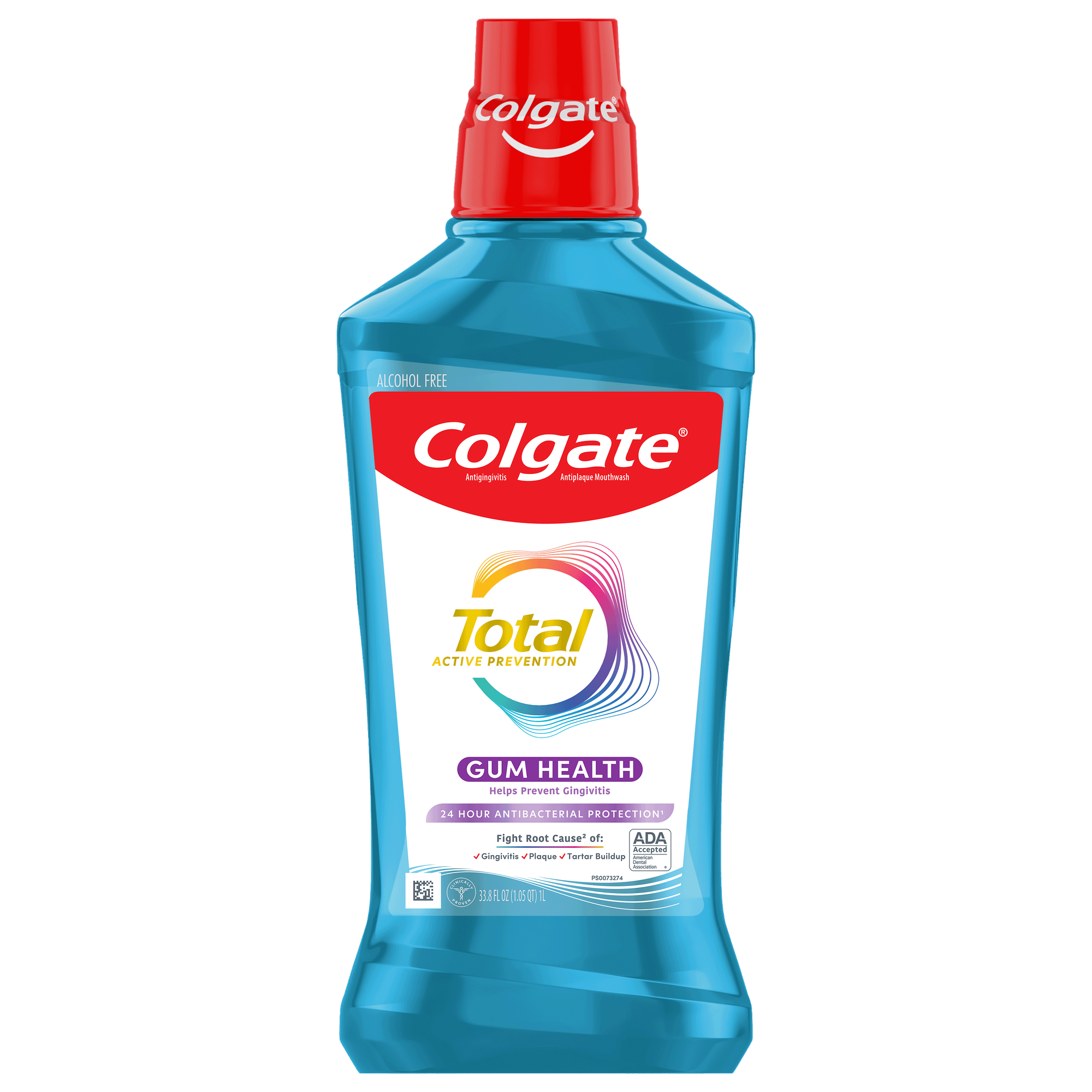Characteristics of a Melanotic Macule
Dark spots that appear on your mouth or lips have several causes. By far, the most common cause is known as a melanotic macule or non-cancerous hyperpigmentation of a mucous membrane. This occurs when one of your mucous membranes produces more pigment (melanin) than typical.
Your lesion may have a similar appearance to a freckle on your lip or mouth. Sometimes they appear on their own (solitary) or in groups. If this condition occurs in your mouth, it’s known as an oral melanotic macule, whereas on your lip, it’s known as a labial melanotic macule.
It’s challenging to self-diagnose the underlying cause of your melanotic macules or even to rule out other potential conditions. According to the Journal of Contemporary Dental Practice, melanotic macules account for 86.1% of oral lesions that involve melanin.
Pigmentation around your mouth may be melanotic macules, but may also be the result of:
- Inherited pigmentation
- Hormonal fluctuations, imbalance, or dysfunction
- Peutz-Jeghers syndrome
- Traumatic injury to the affected area
- Oral cancer
- Hereditary disorders, including hemochromatosis
- Smoking or the use of tobacco products
- Amalgam tattoo (pigment from materials produced outside of your body)
Diagnosis and When To See a Professional
If you’re concerned, remember that benign conditions are by far the most likely explanation of any dark spots in your mouth or lips, and professionals are specially trained to diagnose this condition.
According to the World Journal of Clinical Cases, this condition has numerous underlying causes, some of which are benign (harmless) and some that are potentially serious and require treatment.
Early diagnosis and treatment are important for some conditions that could explain the presence of your dark lesion if it turns out not to be a melanotic macule, so it’s a good idea to schedule an appointment with your dental or medical professional when you’re able.
To diagnose the cause of your dark lesion, your dental or medical professional may:
- Assess your individual medical history, including health issues and medications
- Examine it, looking especially at symmetry and uniformity of the spots
- In some cases, they may order a biopsy or further tests to determine the cause of the lesion
Treatment
If your dark lesion does turn out to be a melanotic macule, treatment will likely be unnecessary as the condition is benign. Schedule regular medical or dental visits to ensure your lesion's appearance doesn’t display any concerning changes.
If you’re bothered by the appearance of your melanotic macule, there are cosmetic options available to treat or remove it. According to DermNet, options for removal may include:
- Excision (surgical removal)
- Cryotherapy (removal using cold)
- Laser or pulsing light (removal using high energy particles)
Rest assured that the dark spot on your lip is most likely a melanotic macule but could also be the sign of another, less common condition. Because they’re difficult to diagnose on your own, it’s best to check in with your dental or medical professional to rule out more serious concerns. You’ve done a great job informing yourself by reading up on what melanotic macules are and what you can do about them.
Oral Care Center articles are reviewed by an oral health medical professional. This information is for educational purposes only. This content is not intended to be a substitute for professional medical advice, diagnosis or treatment. Always seek the advice of your dentist, physician or other qualified healthcare provider.
ORAL HEALTH QUIZ
What's behind your smile?
Take our Oral Health assessment to get the most from your oral care routine
ORAL HEALTH QUIZ
What's behind your smile?
Take our Oral Health assessment to get the most from your oral care routine















